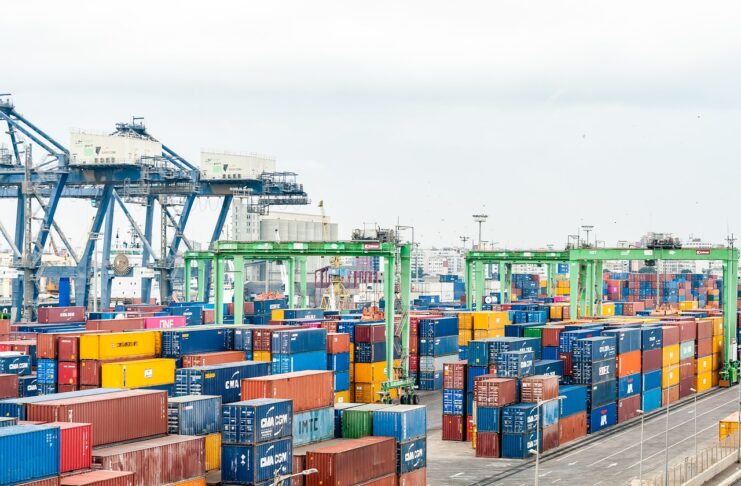It's no secret that our current political class is in love with trade protectionism, regardless of the costs such policies have to American consumers.
But sometimes, as the Wall Street Journal notes, trade protectionism conflicts with an administration's other high-profile policy goals. In one case, it's a Biden administration effort to clap tariffs on foreign steel used to make cans (which would help “protect” union jobs at U.S. steel mills) versus Mr. Biden's high-profile effort to lower inflation. (RELATED: Woke ‘Capitalism' Betrays True Cost Of Inflation Reduction Act)
It seems foreign steel is a cheaper input than U.S.-made steel. Protecting U.S. makers and steel unions, then, means keeping prices artificially higher, which leads to inflation.
The rest of us are just caught in the middle. Paying for it all:
The Consumer Brands Association, a trade group representing companies such as Campbell Soup and Del Monte Foods, says new tariffs could increase prices of canned food by 36 cents to 58 cents, or about 19% to 30%, a can.
But that's of no concern to the potential beneficiaries of such tariffs:
Cleveland-Cliffs [a steel maker] and the United Steelworkers say new tariffs would help improve the industry's profitability and allow companies to reinvest in their plants.
“We see this as a very straightforward effort to bring market pricing back into an industry that has seen significant decline in U.S. production,” said Roy Houseman, legislative director for United Steelworkers.
About that “reinvestment.” As Cato's Scott Lincicome writes, the steel industry and unions have enjoyed significant tariff protection for years. With much more in the pipeline:
…we already have anti‐dumping duties on tinplate from Japan, and those have been in place for more than 20 years—a true testament to the persistence (and absurdity) of this kind of protectionism. And there's more in the works: Another 44 trade remedy investigations are now underway, 16 of which are also on steel products (nine on tinplate and seven on other stuff).
Not to pick on Cleveland Cliffs, the steelmaker quoted in the WSJ piece as favoring tariffs on tinplate, but it has done a version of “reinvestment.” Through share buybacks.
Another steel company that say it's suffering from cheap foreign imports, and also mentioned in the WSJ piece: U.S. Steel, which also has a stock buyback program.
All of which is another way of saying that tariffs distort markets, create incentives for bad behavior, encourage corporate financial engineering…and sock U.S. consumers with the bill.
The opinions expressed in this article are those of the author and do not necessarily reflect the positions of American Liberty News.
READ NEXT: Republican Senator Gives Update After Medical Scare



We need a biden reduction act! F J B!!!!
No Trade=No Jobs= supply chain issues